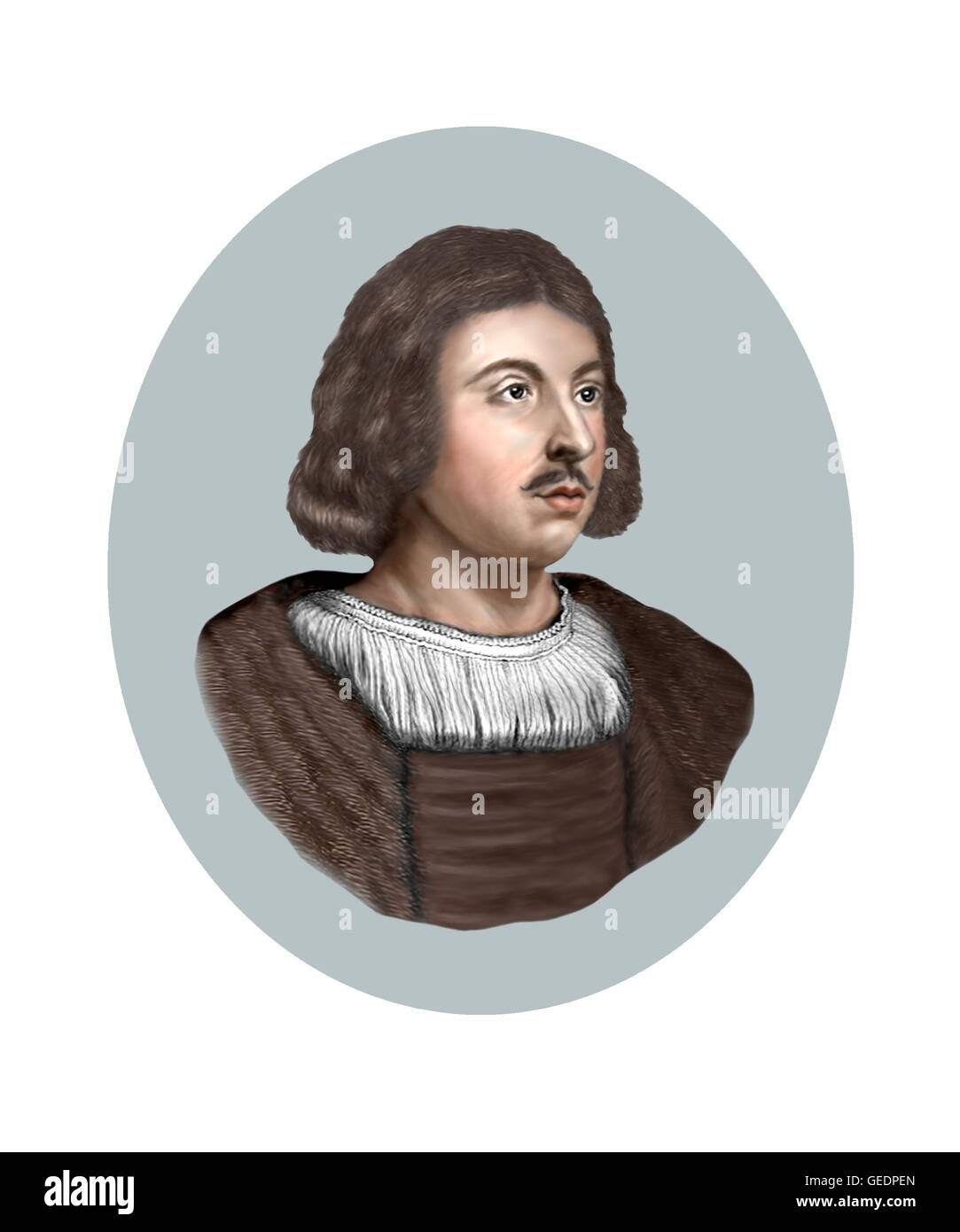


The first, then, being the eldest of the seven, we will call Pampinea, the second Fiammetta, the third Filomena, the fourth Emilia, the fifth we will distinguish as Lauretta, the sixth as Neifile, and the last, not without reason, shall be named Elisa. Wherefore, that what each says may be apprehended without confusion, I intend to give them names more or less appropriate to the character of each. Their names I would set down in due form, had I not good reason to withhold them, being solicitous lest the matters which here ensue, as told and heard by them, should in after time be occasion of reproach to any of them, in view of the ample indulgence which was then, for the reasons heretofore set forth, accorded to the lighter hours of persons of much riper years than they, but which the manners of to-day have somewhat restricted nor would I furnish material to detractors, ever ready to bestow their bite where praise is due, to cast by invidious speech the least slur upon the honour of these noble ladies. I found the claimed note of Boccaccio in the text (Rigg's translation, emphasis mine): The men, in order, are Panfilo, Filostrato, and Dioneo. The Italian names of the seven women, in the same (most likely significant) order as given in the text, are Pampinea, Fiammetta, Filomena, Emilia, Lauretta, Neifile, and Elissa. The Wikipedia page for the Decameron claims (without citations) that:īoccaccio himself notes that the names he gives for these ten characters are in fact pseudonyms chosen as "appropriate to the qualities of each".


 0 kommentar(er)
0 kommentar(er)
